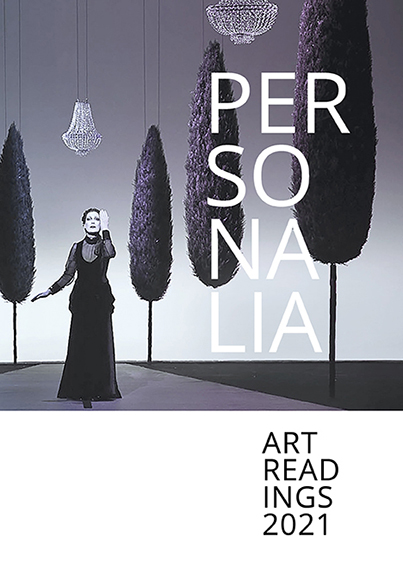The great Kundera (Theatre in the life & work of a novelist)
The great Kundera (Theatre in the life & work of a novelist)
Author(s): Petr ChristovSubject(s): Theatre, Dance, Performing Arts, Fine Arts / Performing Arts
Published by: Институт за изследване на изкуствата, Българска академия на науките
Keywords: theatre; Czech theatre; playwrights; French literature; Milan Kundera; translation;intercultural approach;
Summary/Abstract: There are not many worldwide acclaimed authors who could be considered as “national” in two different cultures. Besides Samuel Beckett or Vladimir Nabokov, a third name could be added: Milan Kundera (*1929). A Czech(oslovak) novelist who emigrated in France or a French author, born in Czechoslovakia? Both and none at the same time, one could say. As a Czech theatre historian, I should add that Kundera is not only a novelist but he has touched and affected the world of theatre and drama as well. On top of that, his life is full of theatrical events and acts. And Kundera has played (and still plays!) an important role in dealing with the Czech(oslovak) history and the legacy of the communist era. From the point of view of Czech readers and theatre makers, it is well known that Kundera has officially authored three plays during his long career. On the other hand, when a French reader opens and flicks through the two volumes of the “complete works” of Milan Kundera published by Gallimard in a prestigious La Pleiade edition, he finds only one play included in the book(s): Jacques and his Master (Jakub a jeho pan / Jacques et son maitre). There is not a trace (or maybe exactly only a trace!) of The Owners of the Keys (Majitele klicu / Les Proprietaires des cles) or The Blunder (Ptakovina / La Sotie) even though Kundera’s play The Owners of the Keys has been translated in French in the beginning of the 1960s and was even performed in France back in 1969; this omission is made more striking by the fact that the play has met a large success on the Czech theatre stages in the 1960s. To talk about Kundera’s work is not an easy task: the work talks to you (as to the reader) and at the same time – the author tries to guide you and explain how you should read it. However, Kundera repeats again and again that (let us generalize a bit): his work is (simply) his work. But why shouldn’t we try to have a look at his writings for theatre(s)? and to ask ourselves: what does theatre mean for one of the most translated and read novelists of the world? What is the reception of his plays in his two homelands and why, for God’s sake, Kundera’s play The Blunder (written in 1969) and considered by its author – as late as 1990 – as “unstageable” has experienced a theatrical comeback in 2008 and is still played on the Czech stage in the 2020/21 season ...?
Journal: Изкуствоведски четения
- Issue Year: 2021
- Issue No: 2
- Page Range: 19-36
- Page Count: 18
- Language: English
- Content File-PDF

